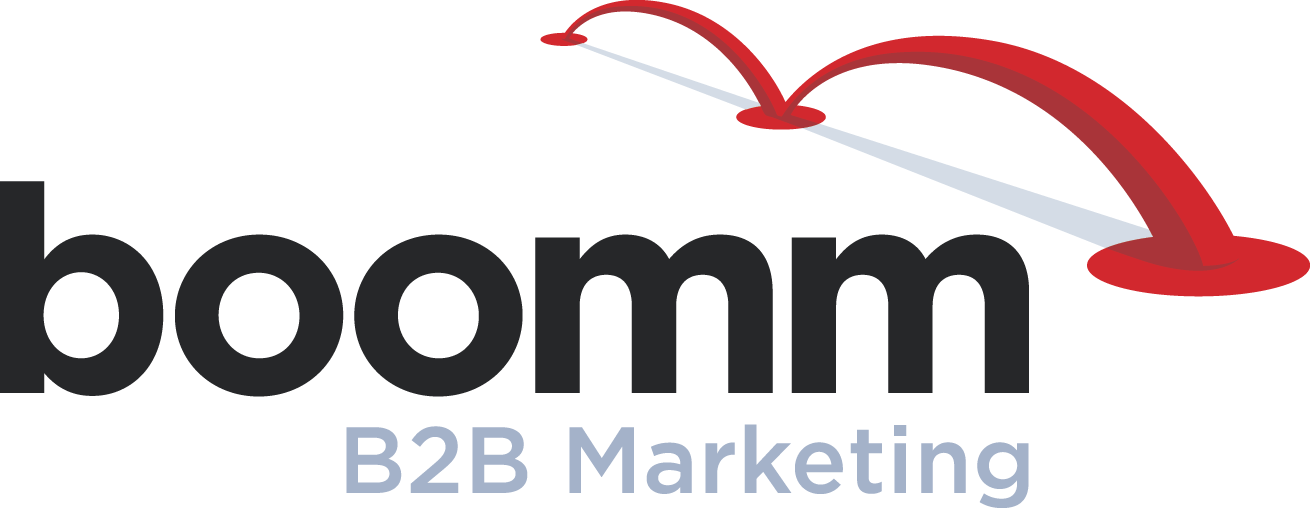How to love your focus keywords and their results

You have a love/hate relationship with focus keywords, don’t you?
It’s alright to admit it. Everyone experiences those conflicting feelings, and here’s why.
You love the power effective focus keywords bring: web traffic goes up, prospects find your site before the competition, and everyone considers you a strategic savant. Nice.
On the other hand, you hate the hassles: finding a solid focus keyword is a timesuck, it seems like everyone else snatched your word first, and it’s nearly impossible to work unwieldy search phrases into your content.
Trust me, nobody can make “best industrial strength breaker overload detection device near me” sound conversational.
Believe it or not, focus keywords can find their way to your good side all the time. But first, we have to nurture the love and eliminate the reasons for hate.
Let’s start with the groundwork.
An effective focus keyword or keyphrase is a highly relevant search term that your page or post ranks for most. In this role, focus keywords are the building blocks of your on-page SEO. Selecting the strongest keywords can help you set your blog, website or landing page up for success.
Now, here are a few tips to embrace on your next keyword selection saga.
Love this: Google Ads is your friend.
If you’re stumped for keywords, the best place to start is the free Keyword Planner tool in Google Ads. Type in a subject or set of words, and Keyword Planner will generate a list of related suggestions. These suggestions range from variations on the words you typed to other words that are associated with your subject matter.
Keyword Planner is a smart place to discover keywords you might otherwise miss out on. This tool also shows you how many people a month search for a given keyword (known as search volume) and how in-demand a keyword is on Google Ads (known as competitive level).
For example, this particular blog post uses the keyword “focus keyword.” The monthly search volume for that term is 260 people, and the competition level is low. And it must be working, because you’re reading this.
Love this: Pick keywords that won’t get crushed by the competition.
Let’s say you’re writing a blog post about how to choose the right insurance for small businesses. Obviously, “business insurance” seems like an optimal focus keyword for your post—after all, it describes what your blog is about. But according to Keyword Planner, over 40,000 people a month search for “business insurance.” The likelihood of your blog post finding the people to whom it will be relevant is very small.
“Business insurance” also has a high competitive level, meaning that advertisers with big budgets are running paid ads that appear when users search the keyword. Without paid promotion, your blog post will likely fall behind these paid ads.
The best focus keywords have plenty of searches, but not too many, and a low to medium competitive level. Selecting a keyword that fits this description makes it easier for your page to compete and reach viewers.
Here’s a thought: Why not change your keyword perspective? Instead of going with the obvious search term like “business insurance,” concentrate on the objective of your searcher. “Limited liability protection for business” has 70 monthly searches and a low competitive level. With this phrase, you’re not being crushed by big budgets. In addition, based on the meaning behind the phrase, those 70 searchers are seriously interested in what you are offering.
Love this: Find keywords that keep people on your page.
Google tracks bounces—how often visitors leave your site immediately after clicking on it—and uses them to evaluate a page’s SEO. If a site has a high bounce rate, it usually means that visitors aren’t finding it helpful or relevant. One way to lower your bounce rate is to select keywords that accurately represent what you offer. Be as specific as you can without being esoteric—you want to attract visitors who are genuinely interested in your products and services. The more your focus keywords align with your content, the more likely it is that a potential customer with strong interest will view your pages.
Love this: Keep the writing in mind.
Google doesn’t just check for the presence of keywords in content—they also analyze the quality of the site. Shoehorning a focus keyword that is stilted or awkward into your copy will downgrade the quality of the site and make it difficult for visitors to navigate.
For instance, “Best bagels Chicago” has hundreds of searches a month, but it’s extremely difficult to insert that phrase naturally into meaningful content. Don’t forget that getting your site to the top of Google is not an end in itself, but a means to an end: drawing in new visitors and generating new leads. If the site isn’t readable by your audience, its position on Google won’t help you get new business.
Thoughtful, relevant and objective-oriented keyword selection can go a long way towards improving the SEO of your website. Whether you’re writing a blog post, a landing page or a site page, a strong keyword will bring focus to your content and give you a greater chance of getting to the top of Google. And who doesn’t love that?
If you want to talk SEO, lead generation or any other B2B challenge, Boomm is here for you.
Contact us today and let’s start something great.


